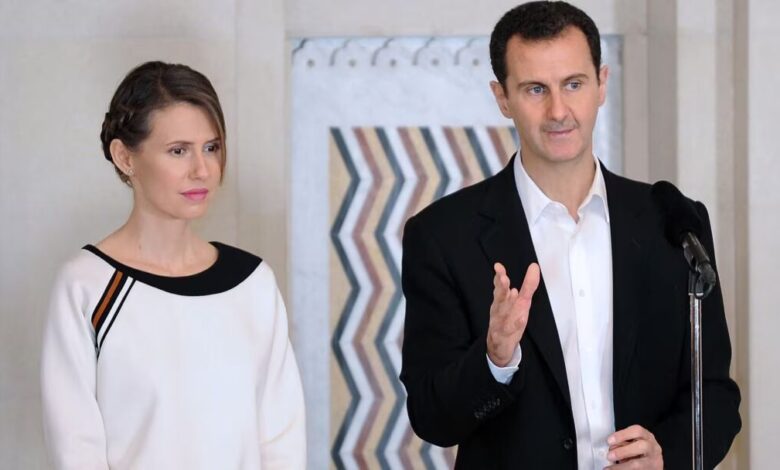
Bashar al-Assad, the president of Syria’s fallen government, has arrived in Moscow, according to Russian news agency TASS. A Kremlin official revealed that Assad, along with his family, has been granted asylum in the Russian capital following the collapse of his government.
Assad’s regime fell on Sunday after armed groups, led by Hayat Tahrir al-Sham (HTS), seized control of the Syrian capital, Damascus. The HTS-led offensive, which began less than two weeks earlier in Idlib province, rapidly advanced through Syria, first capturing the city of Aleppo, then Hama and Homs, before reaching Damascus.
The fall of Assad’s government marks a significant turning point in Syria’s long-running civil war. With the Syrian capital now under the control of opposition forces, the balance of power in the country has dramatically shifted.
In response to media reports claiming Assad’s death, Russia’s Foreign Ministry spokesperson Maria Zakharova issued a pointed remark, referring to a Reuters story that inaccurately claimed Assad had died in a plane crash on Saturday night. The Reuters report, citing “informed Syrian sources,” suggested that Assad’s plane was shot down by Israeli forces over Syria. Zakharova mocked the report, saying, “I wonder if Reuters, which reported the ‘most likely’ death of Assad, will deny itself?” She criticized the news outlet for spreading “fake news,” a practice the West often claims to combat.
Earlier on Sunday, Reuters reported the unconfirmed death of Assad, claiming that he had died during his flight from Damascus. However, these claims have not been verified, and Russian officials have strongly dismissed the report as false.
Assad’s move to Moscow signals the end of his rule in Syria, at least for the time being. It also highlights Russia’s continued involvement in the region, as the Kremlin has long supported Assad throughout the civil war. Moscow’s role as a safe haven for the toppled leader underscores its strategic influence in Syria, particularly as the conflict continues to evolve.
The situation remains fluid, and the fate of Assad’s regime, as well as the broader future of Syria, is uncertain. However, with the Syrian capital under new control, the geopolitical landscape of the Middle East is set for another dramatic shift.





